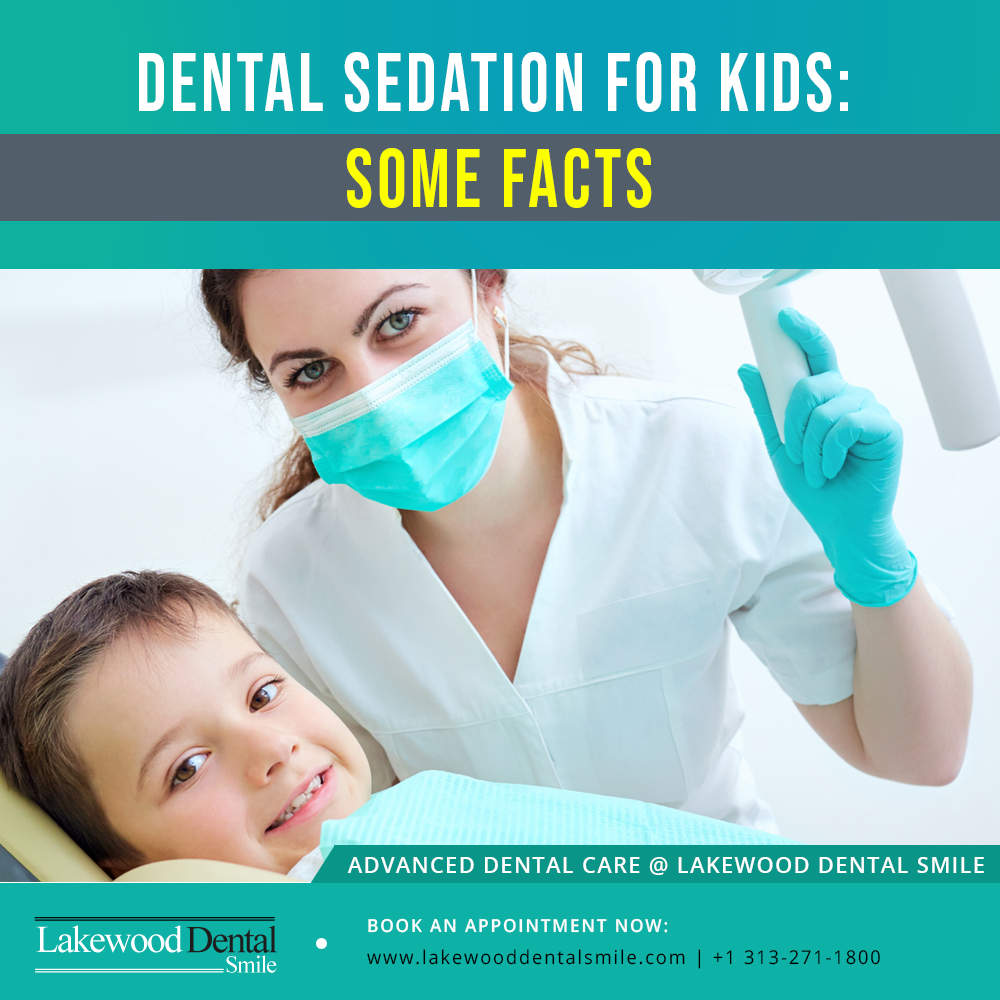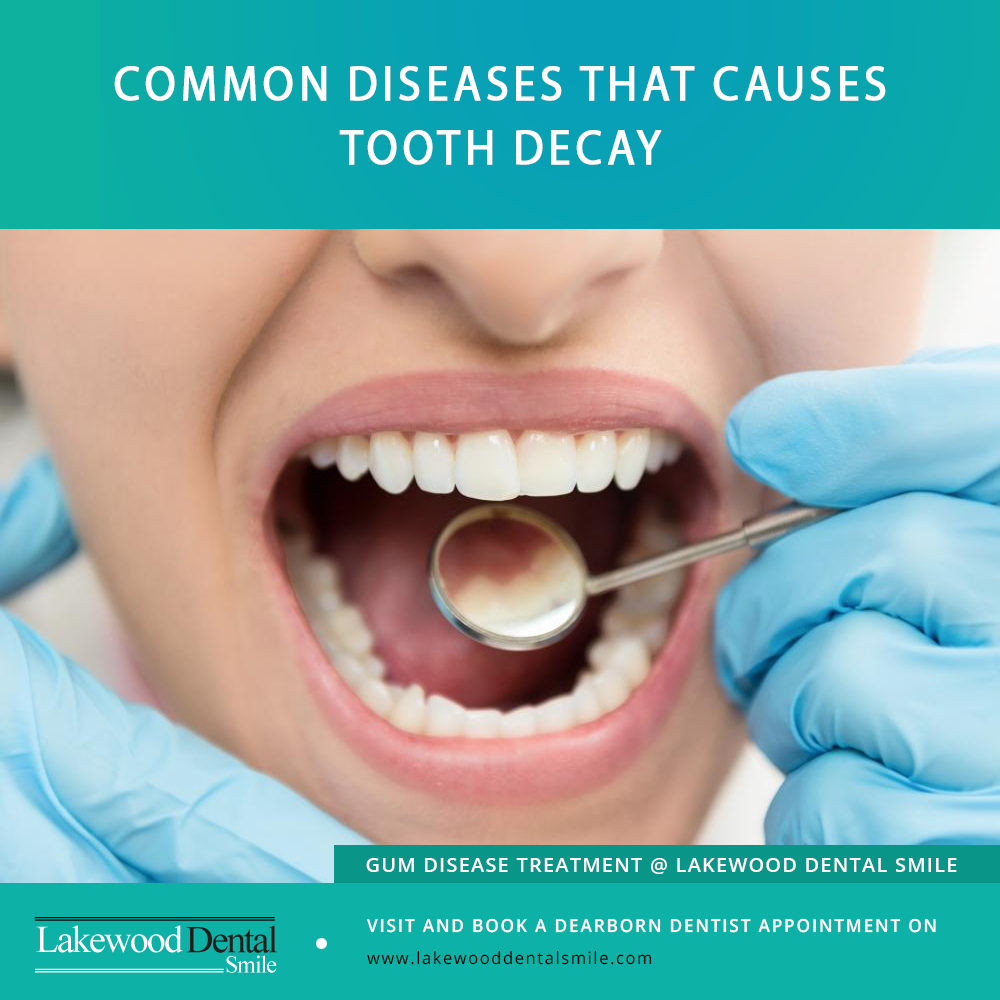Children are more fearful about dental treatments. Making the kids habitual about the daily routine dental procedure helps to ward off most of the dental issues from the early stage itself. In case a dental treatment is needed to be done they may undergo sedation depending on the condition. This indeed is a cause for worry for both the kids and parents. They can be brought in a self-controlled state-provided if they are given the right information. But understanding the sedation will ease off your worries when your kid is brought into the dental clinic for any dental procedures.

Sedation Types
There are several levels of sedation your dentist may choose to use depending on the procedure to be undertaken.
– The lowest level of sedation is a nitrous oxide, which is given under normal conditions for the kids to just relax. It won’t put your child to sleep.
– Mild sedation is applied using orally administered drugs. Your child will remain awake and usually be able to respond normally to verbal communication.
– Moderate sedation will make your kid drowsy and it makes your kid’s communication not clear. There is a chance that they remain sleepy after the process.
– Deep sedation is induced using intravenous drugs and will mean that your child is fully asleep. They may move a little and make sounds in response to repeated stimulation or any pain, but they will be in a deep sleep.
When is sedation needed?
There could be reasons to apply sedation during a painful dental procedure. The sedation may be required to avoid any unnecessary discomfort. Depending on the type and length of the procedure, any of the above types of sedation might be appropriate.
If your child is too frightened to visit the dentist, it is necessary to make their dental experience smooth. The level of sedation required will depend on the level of anxiety and the procedure. As mentioned previously, nitrous oxide is used for mild sedation and if the kids tend to show more fear or phobia during the procedure then the dentist will apply the higher level sedation.
What are the concerns?
Sedation has been in use since long and the methods and drugs are continuously reviewed. Only an anesthesia technician will provide anesthesia and during deep sedation, and your child is constantly monitored by trained professionals.
Sometimes the sedation can result in side effects such as nausea, imbalance and sometimes vomiting. These effects usually fade by themselves. The sedation of children for dental procedures is a common and safe practice. It may be worrying when your dentist first suggests it, but it is important not to increase your child’s anxiety so that they can maintain excellent dental care throughout their lives.
Lakewood Dental Smile is exceptional in offering various dentistry practices ranging from general dentistry to cosmetic dentistry.






